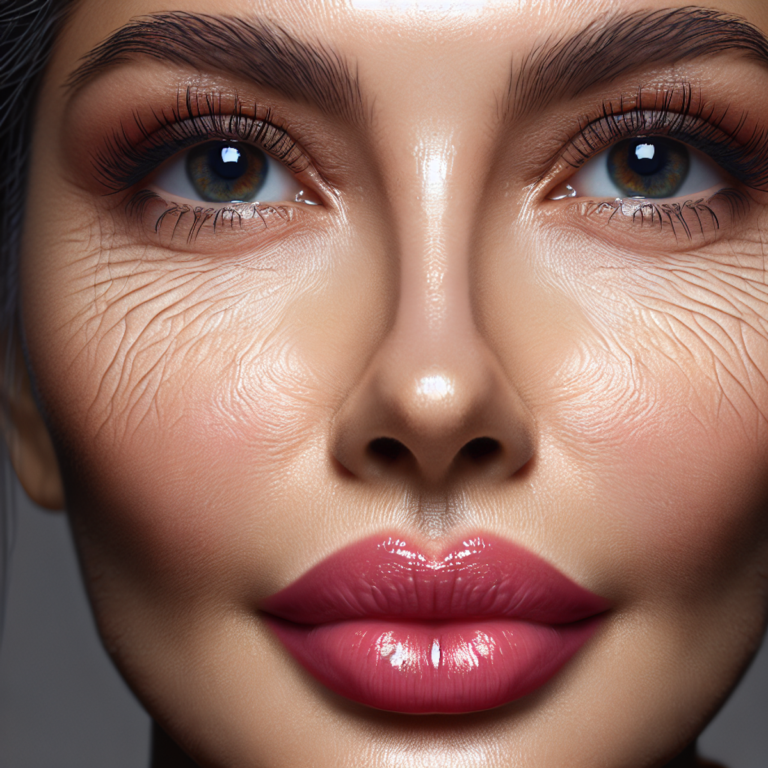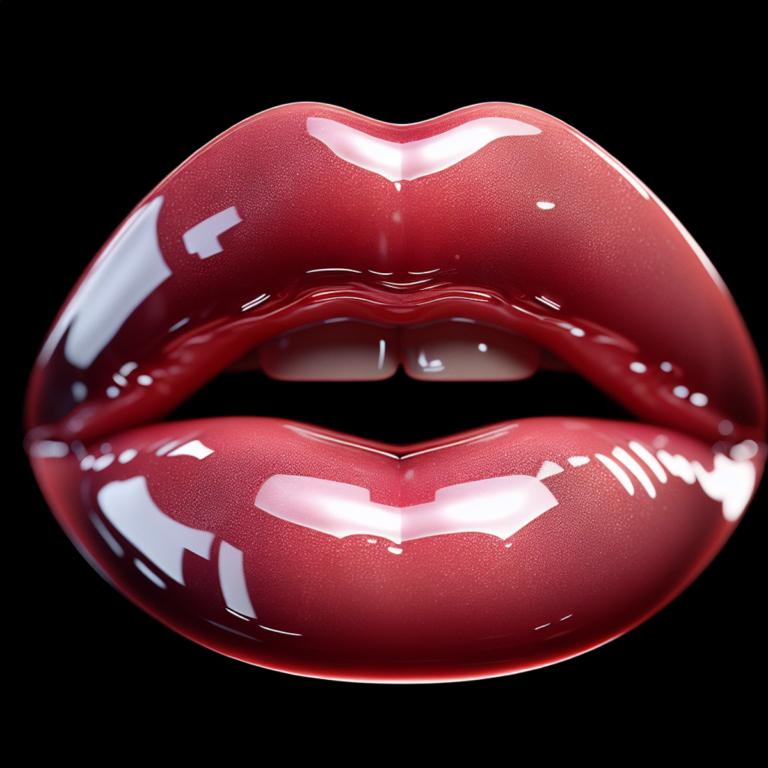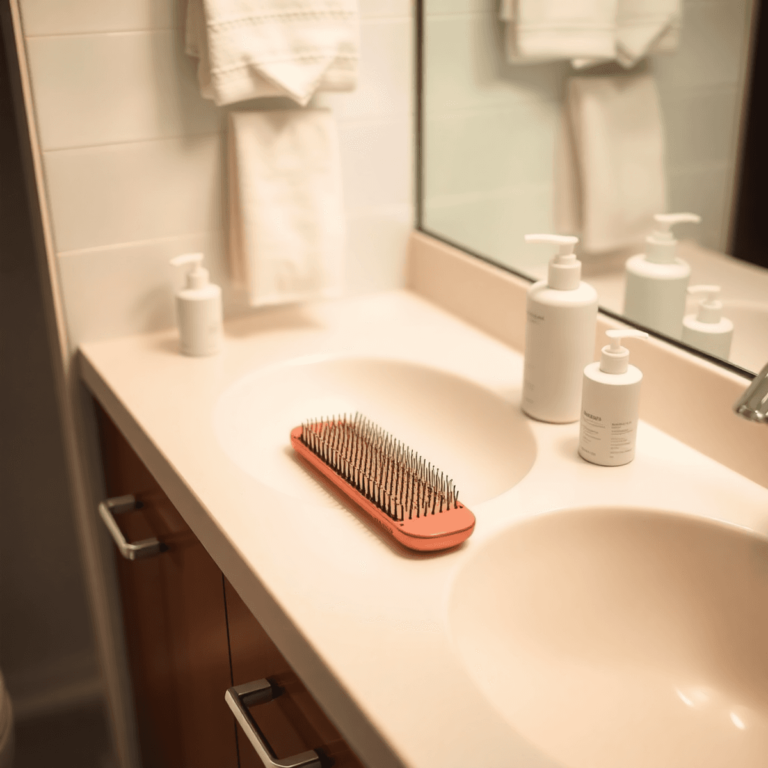How dermatologists treat acne

Introduction
Acne affects millions of people worldwide, making it one of the most common skin conditions across all age groups. From teenagers battling hormonal changes to adults dealing with persistent breakouts, this skin condition can significantly impact daily life and self-confidence.
While countless over-the-counter products promise quick solutions, professional dermatological care remains the most effective path to clear, healthy skin. Dermatologists bring specialized expertise in treating various forms of acne, from mild breakouts to severe cystic cases that require intensive intervention.
Your journey to clearer skin starts with understanding how dermatologists approach acne treatment. These skin health experts use proven medical strategies, cutting-edge technologies, and personalized treatment plans to address:
- Active breakouts and inflammation
- Underlying causes of acne
- Prevention of future flare-ups
- Management of acne scars
- Long-term skin health maintenance
This comprehensive guide explores the professional methods dermatologists use to treat acne effectively. You’ll discover the science-backed treatments available, from topical medications to advanced procedures, and learn why professional guidance can make the difference between temporary relief and lasting results.
Let’s dive into the world of professional acne treatment and uncover how dermatologists can help you achieve the clear, confident skin you deserve.
Understanding Acne
Acne comes in different types, and each type needs a specific way to treat it. Let’s take a look at the main types of acne you might come across:
1. Comedonal Acne
- Whiteheads: Closed pores filled with oil and dead skin cells
- Blackheads: Open pores where the contents oxidize, creating a dark appearance
2. Inflammatory Acne
- Papules: Small, red, tender bumps
- Pustules: Red bumps filled with white or yellowish pus
3. Cystic Acne
- Deep, painful nodules under the skin
- Often leaves scarring
- Requires professional medical intervention
Several factors can trigger the development of acne:
1. Hormonal Changes
- Puberty
- Menstrual cycles
- Pregnancy
- Polycystic ovary syndrome (PCOS)
2. Bacterial Growth
The P. acnes bacteria multiply in clogged pores, creating inflammation that leads to redness and swelling.
3. Lifestyle Factors
- Diet high in refined sugars
- Dairy consumption
- Lack of sleep
- Excessive stress
- Poor skincare habits
4. Environmental Triggers
- Humidity
- Pollution
- Certain medications
- Heavy makeup
- Touching your face frequently
Acne doesn’t just affect your skin; it can also have psychological effects on individuals. Many people experience:
- Decreased self-confidence
- Social anxiety
- Depression
- Reduced quality of life
- Difficulty in personal relationships
Knowing the specific type of acne you have is important for finding the right treatment methods. A dermatologist can accurately diagnose your condition and create an effective treatment plan targeting your unique skin concerns.
The Role of Dermatologists in Acne Treatment
Dermatologists have specialized knowledge and training in treating skin conditions, which makes them highly qualified to handle acne cases. These medical professionals have spent years studying the intricacies of the skin, different types of acne, and the most effective treatment methods supported by scientific evidence.
What Makes Dermatologists Different?
Here are some key reasons why dermatologists are uniquely qualified to treat acne:
- They can accurately diagnose specific types of acne using advanced diagnostic skills.
- They have a deep understanding of how medications interact with the skin.
- They can prescribe stronger medications that are not available over-the-counter.
- They have access to professional-grade treatments and equipment that can enhance results.
- They have extensive experience treating a wide range of acne cases.
Understanding the Bigger Picture
Dermatologists go beyond just treating the visible symptoms of acne. They recognize that factors such as hormones and genetics play a significant role in skin health. With this comprehensive understanding, they are able to:
- Identify any underlying medical conditions that may be impacting your skin.
- Develop personalized treatment plans for stubborn acne that haven’t responded to other therapies.
- Prevent and address acne scarring through targeted interventions.
- Modify treatments based on how your skin is reacting over time.
Staying Ahead with Continuous Learning
To provide the best care possible, dermatologists make it a priority to stay updated on the latest advancements in acne treatment. This includes keeping up with new therapies, techniques, and research findings. By doing so, they ensure that you receive the most effective and evidence-based care for your specific acne concerns.
1. Initial Assessment by Dermatologists
Your first visit to the dermatologist starts with a thorough examination of your skin. During this important step, your dermatologist will look at your skin closely using special lighting to:
- Identify different types of acne lesions
- Determine how severe your condition is
- Find any underlying skin issues
- Identify areas that are affected
- Take note of any scarring present
In addition to the physical examination, your dermatologist will also ask about your medical history. This includes questions about:
Personal Health Factors
- Any medications or supplements you are currently taking
- Previous treatments you have tried for acne
- Whether anyone in your family has a history of acne
- Your skincare routine
- Your eating habits
Lifestyle Elements
- How stressed you are
- How well you sleep
- Your exercise routine
- Your occupation
- The environment you spend your day in
By combining the information from the physical examination and medical history, your dermatologist can identify potential triggers for your acne such as:
- Hormonal changes
- Certain medications you may be taking
- Environmental factors like pollution or climate
- Food sensitivities or allergies
- Breakouts caused by stress
This detailed assessment is crucial in developing a personalized treatment plan for you. Your dermatologist will use this information to choose the most effective combination of treatments tailored specifically to your case.
2. Personalized Treatment Plans
Dermatologists craft unique treatment strategies based on several key factors specific to each patient:
- Acne severity and type
- Skin sensitivity levels
- Previous treatment responses
- Lifestyle considerations
- Patient preferences and goals
Your dermatologist will select from a range of proven treatments to create your customized plan:
Topical Treatments
First-Line Medications:
- Retinoids (tretinoin, adapalene) – Unblock pores and promote cell turnover
- Benzoyl Peroxide – Kills acne-causing bacteria and reduces inflammation
- Topical Antibiotics – Combat bacterial growth and inflammation
- Azelaic Acid – Reduces inflammation and lightens dark spots
Combination Therapies:
- Benzoyl peroxide + antibiotic combinations
- Retinoid + antimicrobial formulations
- Custom-compounded medications
Oral Medications
Your dermatologist might prescribe oral treatments when:
- Topical treatments prove insufficient
- Acne appears on large body areas
- Inflammation levels are severe
- Cystic acne is present
Common Oral Treatments:
- Antibiotics:Doxycycline
- Minocycline
- Tetracycline
- Isotretinoin – Reserved for severe, resistant cases
- Birth control pills – For hormone-related acne
Treatment plans typically start with milder options, gradually progressing to stronger medications if needed. Your dermatologist will monitor your progress and adjust treatments based on your skin’s response.
Application Tips for Maximum Benefits:
- Apply treatments to clean, dry skin
- Use the prescribed amount
- Follow specific timing instructions
- Continue treatment as directed, even after improvement
- Report any side effects promptly
Regular follow-up appointments allow your dermatologist to track progress and make necessary adjustments to your treatment plan. Most patients see significant improvement within 8-12 weeks of consistent treatment, though results vary based on individual factors and treatment adherence.
3. Hormonal Treatments for Hormonal Acne
Hormonal acne develops when hormone fluctuations trigger excess oil production in your skin. This type of acne commonly appears on:
- Chin
- Jawline
- Lower cheeks
- Around the mouth
- Back and chest areas
Dermatologists identify hormonal acne through specific patterns and symptoms:
- Deep, painful cysts
- Breakouts tied to menstrual cycles
- Acne resistant to traditional treatments
- Sudden onset in adult years
Common Hormonal Treatment Options
Birth Control Pills
Dermatologists prescribe specific oral contraceptives that contain both estrogen and progestin. These medications regulate hormone levels and reduce oil production, leading to clearer skin within 3-6 months.
Spironolactone
This anti-androgen medication blocks testosterone effects on your skin. Your dermatologist might recommend spironolactone if you experience:
- Persistent chin and jawline breakouts
- Deep, painful cysts
- Acne that worsens around your period
- Resistance to other treatments
Additional Hormone-Balancing Approaches
Your dermatologist may recommend:
- Regular blood work to monitor hormone levels
- Dietary modifications to support hormone balance
- Stress management techniques
- Specific skincare products designed for hormone-related breakouts
The success of hormonal treatments varies among individuals, and your dermatologist will adjust your treatment plan based on your response and any side effects.
4. Advanced Treatment Options Offered by Dermatologists
Dermatologists have advanced treatments for stubborn acne cases that don’t respond to conventional methods. These cutting-edge solutions target specific aspects of acne formation and healing.
Light Therapy Options:
- Blue light therapy kills acne-causing bacteria beneath the skin’s surface
- Red light therapy reduces inflammation and promotes healing
- Combination therapy uses both blue and red light for enhanced results
Laser Treatment Varieties:
- Fractional laser resurfacing breaks down scar tissue and stimulates collagen production
- Pulsed-dye lasers target inflammation and redness
- CO2 lasers address deep acne scars and uneven texture
Additional Advanced Procedures:
- Chemical peels remove dead skin cells and unclog pores
- Photodynamic therapy combines light treatment with specialized medications
- Radiofrequency microneedling stimulates skin renewal and reduces scarring
These treatments work best as part of a comprehensive acne management plan. Your dermatologist might recommend multiple sessions spread over several weeks or months. The exact protocol depends on your skin type, acne severity, and previous treatment responses.
Insurance coverage varies for these procedures. Some patients opt to combine different advanced treatments for optimal results. Your dermatologist will create a tailored treatment schedule based on your specific needs and skin’s response to therapy.
5. Complementary Approaches in Acne Management
A comprehensive acne treatment plan extends beyond medical interventions. Dermatologists recommend integrating specific lifestyle modifications and skincare practices to enhance treatment outcomes.
Essential Skincare Practices:
- Gentle cleansing twice daily with non-comedogenic products
- Regular exfoliation using BHA or AHA products
- Application of oil-free, non-comedogenic moisturizers
- Daily sun protection with broad-spectrum SPF 30+
- Avoiding harsh scrubs and over-washing
Dietary Modifications:
- Reducing high-glycemic foods
- Limiting dairy consumption
- Increasing intake of antioxidant-rich foods
- Staying hydrated with 8-10 glasses of water daily
- Adding zinc-rich foods to your diet
Lifestyle Adjustments:
- Using clean pillowcases and face towels
- Avoiding touching your face throughout the day
- Removing makeup before bed
- Managing stress through exercise or meditation
- Getting adequate sleep (7-9 hours)
Natural Remedies:
- Green tea compresses for inflammation
- Tea tree oil as a spot treatment
- Honey masks for antibacterial benefits
- Aloe vera gel for soothing irritated skin
These complementary approaches work alongside prescribed treatments to create a balanced environment for skin healing. Your dermatologist can help customize these recommendations based on your skin type and acne severity. Regular adherence to these practices helps prevent new breakouts while supporting the effectiveness of medical treatments.
6. Managing Scarring and Post-Acne Marks After Treatment Success
Successful acne treatment doesn’t always mean the end of your skin concerns. Post-inflammatory hyperpigmentation (PIH) and acne scars can persist long after active breakouts have cleared. Dermatologists offer several effective treatments to address these lasting marks:
Topical Solutions
- Vitamin C serums to brighten dark spots
- Kojic acid for melanin reduction
- Hydroquinone prescribed for stubborn hyperpigmentation
- Retinoids to stimulate collagen production
Professional Treatments
- Chemical peels using glycolic or salicylic acid
- Microdermabrasion for surface-level scarring
- Dermal fillers for deep, pitted scars
- Microneedling to boost collagen production
Advanced Procedures
- Fractional laser therapy for severe scarring
- Radiofrequency treatments for skin texture
- Subcision for deep, rolling scars
- PRP (platelet-rich plasma) therapy for tissue regeneration
The choice of treatment depends on your scar type:
- Ice pick scars respond well to punch excision
- Rolling scars benefit from subcision
- Boxcar scars improve with dermal fillers
- Hyperpigmentation fades with topical treatments
Your dermatologist will assess your skin’s specific needs and recommend appropriate treatments based on scar type, skin tone, and severity. Some patients might need a combination of treatments for optimal results.
7. Long-Term Maintenance Strategies to Prevent Recurrence
Maintaining clear skin requires a consistent, long-term approach under dermatological guidance. Your dermatologist will create a personalized maintenance plan that includes:
Daily Sun Protection
- Apply broad-spectrum SPF 30+ sunscreen every morning
- Reapply every 2 hours during sun exposure
- Use protective clothing and hats when outdoors
Regular Skincare Routine
- Gentle cleanser twice daily
- Non-comedogenic moisturizer
- Prescribed maintenance medications (often lower strength)
- Avoid harsh scrubs or excessive exfoliation
Scheduled Check-ups
- Book quarterly dermatologist visits
- Track skin changes or new breakouts
- Adjust treatments based on seasonal changes
- Monitor effectiveness of maintenance products
Lifestyle Modifications
- Keep hair clean and away from face
- Change pillowcases weekly
- Clean phone screens regularly
- Remove makeup before exercise
- Shower after sweating
Diet and Hydration
- Drink 8 glasses of water daily
- Limit dairy and high-glycemic foods
- Include skin-supporting nutrients
- Track food triggers that cause breakouts
Your dermatologist might recommend periodic treatments like light therapy or chemical peels to maintain results. Some patients benefit from continuing low-dose medications to prevent recurrence, particularly those with hormonal acne patterns.
Conclusion: Empower Yourself in Your Acne Journey with Professional Guidance from Dermatologists!
Your battle with acne doesn’t have to be a solo journey. A qualified dermatologist brings expertise, experience, and access to proven treatment methods that can transform your skin health. While home remedies might offer temporary relief, professional guidance provides a structured path to lasting results.
The path to clear skin looks different for everyone. Your dermatologist will create a personalized treatment plan that addresses your specific type of acne, skin concerns, and lifestyle factors. This tailored approach, combined with consistent self-care practices at home, maximizes your chances of success.
Remember these key points:
- Professional treatment offers scientifically-proven solutions
- Your dermatologist can adjust treatments based on your skin’s response
- Combining medical expertise with proper skincare habits yields the best results
- Clear skin is achievable with the right guidance and commitment
Don’t let acne control your life or diminish your confidence. Take the first step by scheduling a consultation with a dermatologist. Their expertise, coupled with advanced treatment options and your dedication to the prescribed regimen, creates a powerful formula for achieving and maintaining clear, healthy skin.
Your journey to clear skin starts with professional help – embrace it, trust the process, and watch your transformation unfold.
FAQs (Frequently Asked Questions)
What is acne and why is it important to seek professional help?
Acne is a common skin condition that affects many individuals, characterized by various types such as comedonal, inflammatory, and cystic acne. Seeking professional help from dermatologists is crucial for effective treatment, as they can provide tailored solutions based on the severity and type of acne.
How do dermatologists assess acne during an initial consultation?
During an initial assessment, dermatologists conduct a thorough skin examination to determine the severity and type of acne present. They also gather a detailed medical history from the patient to identify any underlying factors contributing to their condition.
What types of treatments do dermatologists offer for acne?
Dermatologists create personalized treatment plans that may include topical treatments like retinoids and benzoyl peroxide, as well as oral medications such as antibiotics. The choice of treatment depends on individual needs and the specific characteristics of the acne.
What role do hormonal treatments play in managing hormonal acne?
Hormonal treatments are essential for addressing hormonal influences on acne development. Dermatologists may prescribe oral contraceptives or spironolactone to help regulate hormones and reduce breakouts associated with hormonal fluctuations.
What advanced treatment options are available for severe or resistant acne?
For individuals with severe or resistant forms of acne, dermatologists may recommend advanced treatment options such as light therapy (e.g., blue light therapy) or laser therapy (e.g., fractional laser resurfacing) to effectively manage their condition.
How can individuals manage scarring and post-acne marks after treatment?
To minimize the appearance of pimple scars or post-inflammatory marks, individuals can explore various options such as topical treatments designed for scar reduction, chemical peels, or laser therapies aimed at improving skin texture and tone.










